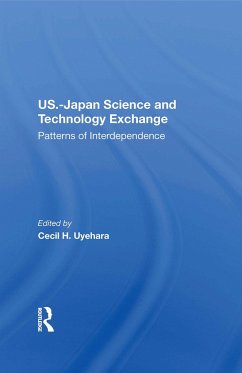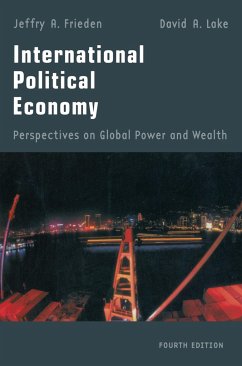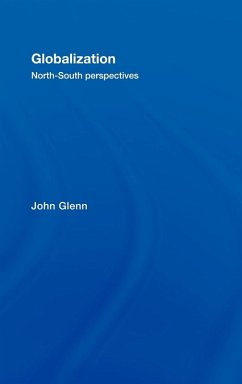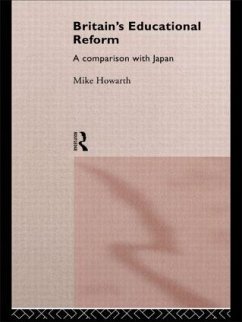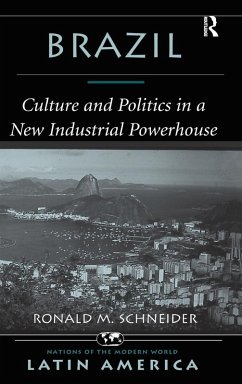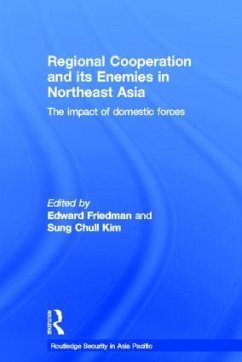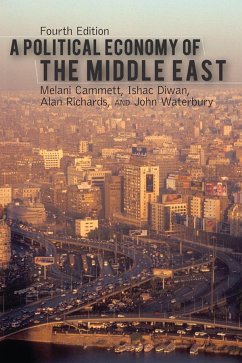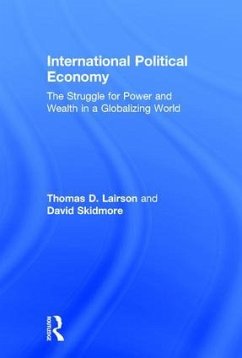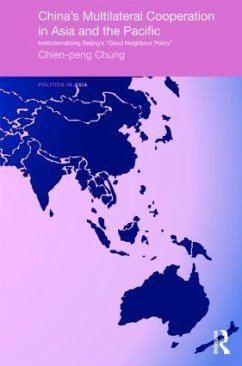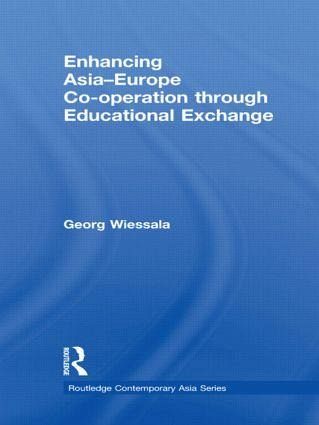
Enhancing Asia-Europe Co-operation through Educational Exchange
Versandkostenfrei!
Versandfertig in 1-2 Wochen
177,99 €
inkl. MwSt.
Weitere Ausgaben:

PAYBACK Punkte
89 °P sammeln!
Georg Wiessala offers a critique of the ways in which intellectual and academic exchanges inform and shape external interactions with countries, institutions and non-state actors across the Asia-Pacific. Wiessala analyses ideologies, mechanisms and policies through which matters of exchange and inter-cultural dialogue have come to bear on the EU-Asia dialogue.




